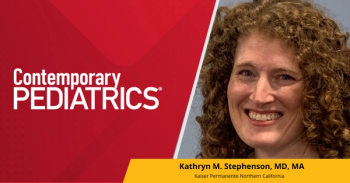
Report: 200 million children worldwide lack basic health care
Basic health care needs are not met for more than 200 million children worldwide under the age of 5, according to Save the Children's Ninth Annual State of the World's Mothers report, issued May 6.
Basic health care needs are not met for more than 200 million children worldwide under the age of 5, according to Save the Children's Ninth Annual State of the World's Mothers report, issued May 6.
Ethiopian children are the most in need, according to the report: 80% do not receive basic lifesaving health care. In addition, less than half of children in 30 of the 55 countries receive basic health care.
The report also found that nearly 10 million children die each year due to treatable medical conditions. Fifty-five developing countries account for 83% of these deaths. Basic health care needs include prenatal care, skilled care at childbirth, immunizations, and treatment for diarrhea and pneumonia.
Furthermore, in 12 of the 55 developing countries, the poorest children are at least three times more likely to die than the richest children. Peru has the widest gap in child death rates in the report, as poor Peruvian children under age 5 are 7.4 times more likely to die than the richest.
Newsletter
Access practical, evidence-based guidance to support better care for our youngest patients. Join our email list for the latest clinical updates.






